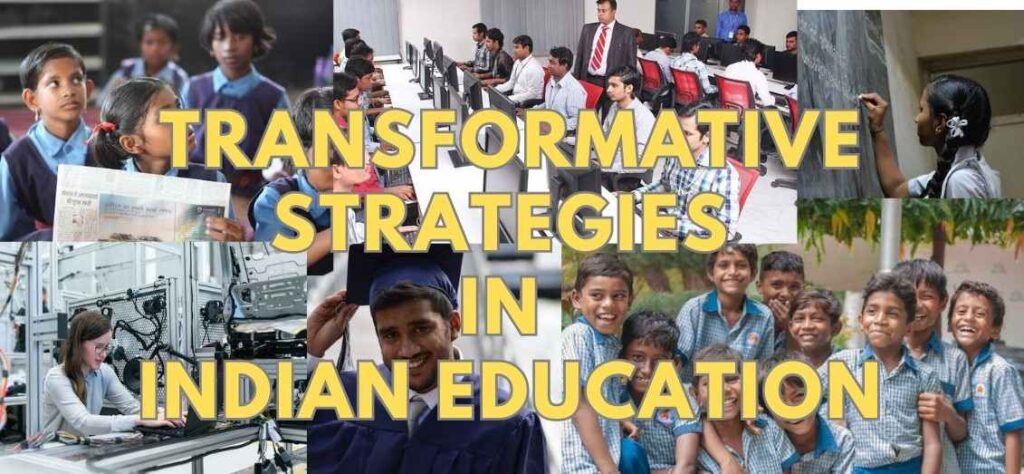
India boasts a rich educational history that traces its roots back to ancient times. However, the contemporary education system grapples with various challenges, including:
- Access to Education: Despite notable progress, millions of children, particularly in rural areas and marginalized groups, still lack access to education.
- Quality of Education: Numerous schools face obstacles such as a shortage of qualified teachers, inadequate textbooks, and insufficient infrastructure, resulting in low academic achievements and elevated dropout rates.
- Alignment with Economic Needs: Criticism persists regarding the education system’s focus on rote learning, often neglecting critical thinking and problem-solving skills, impacting employability in the modern economy.
Nevertheless, amidst these challenges, innovative solutions are emerging to reshape the Indian education landscape:
- Technology-Enabled Learning: The integration of technology, including computers, tablets, and online platforms, is transforming the learning experience in many schools.
- Critical Thinking Emphasis: A shift from rote learning to fostering critical thinking and problem-solving skills is evident in schools adopting methods like project-based learning and interactive exercises.
- Collaborative Efforts: Collaborations between the government, private sector, and civil society are driving positive change. This includes establishing new schools, introducing innovative teaching methodologies, and enhancing teacher training programs.
Examples of such innovative approaches include:
- The Akshaya Patra Foundation: Providing mid-day meals to millions of schoolchildren, this non-profit organization has positively impacted attendance and academic achievement.
- The Pratham Education Foundation: Focused on enhancing rural education, Pratham employs innovative teaching methods like the Teaching at the Right Level (TaRL) program.
- The Azim Premji Foundation: Committed to improving education quality, the foundation’s Leadership for Quality Education (LEQ) program trains teachers and school leaders.
These initiatives represent a fraction of the ongoing efforts to transform the Indian education system. Through collaborative endeavors involving the government, private sector, and civil society, there’s a collective commitment to ensure every Indian child accesses a high-quality education.




